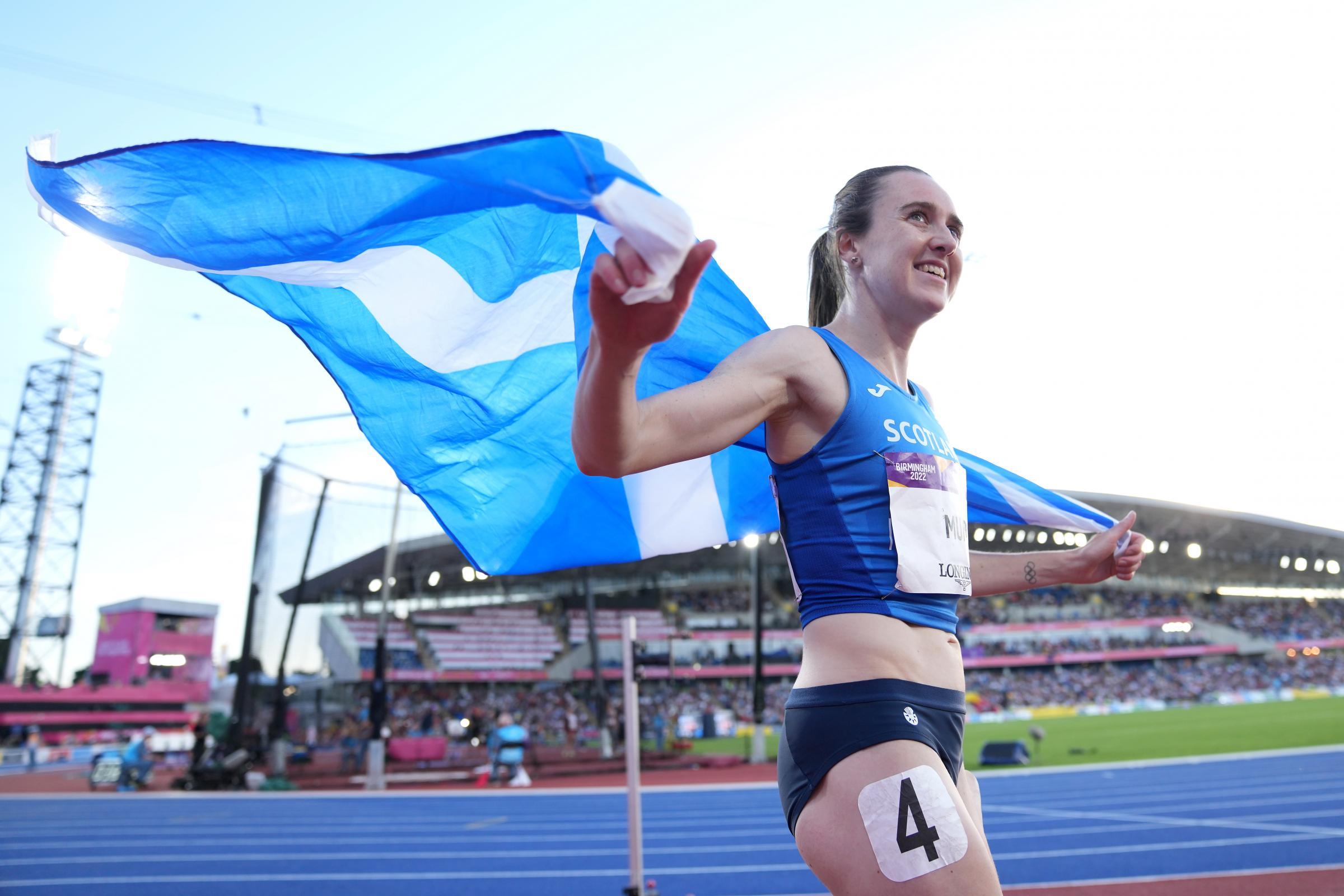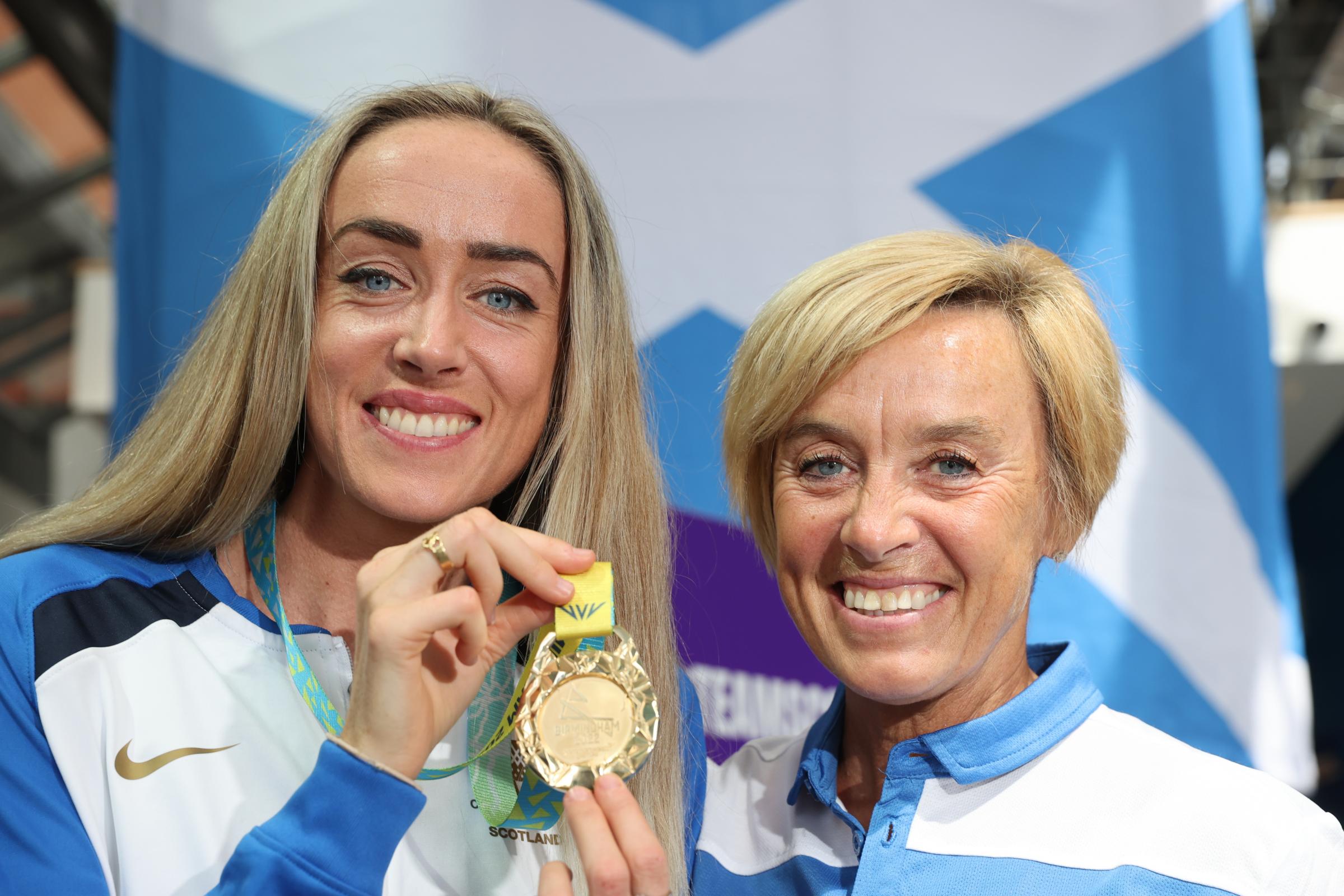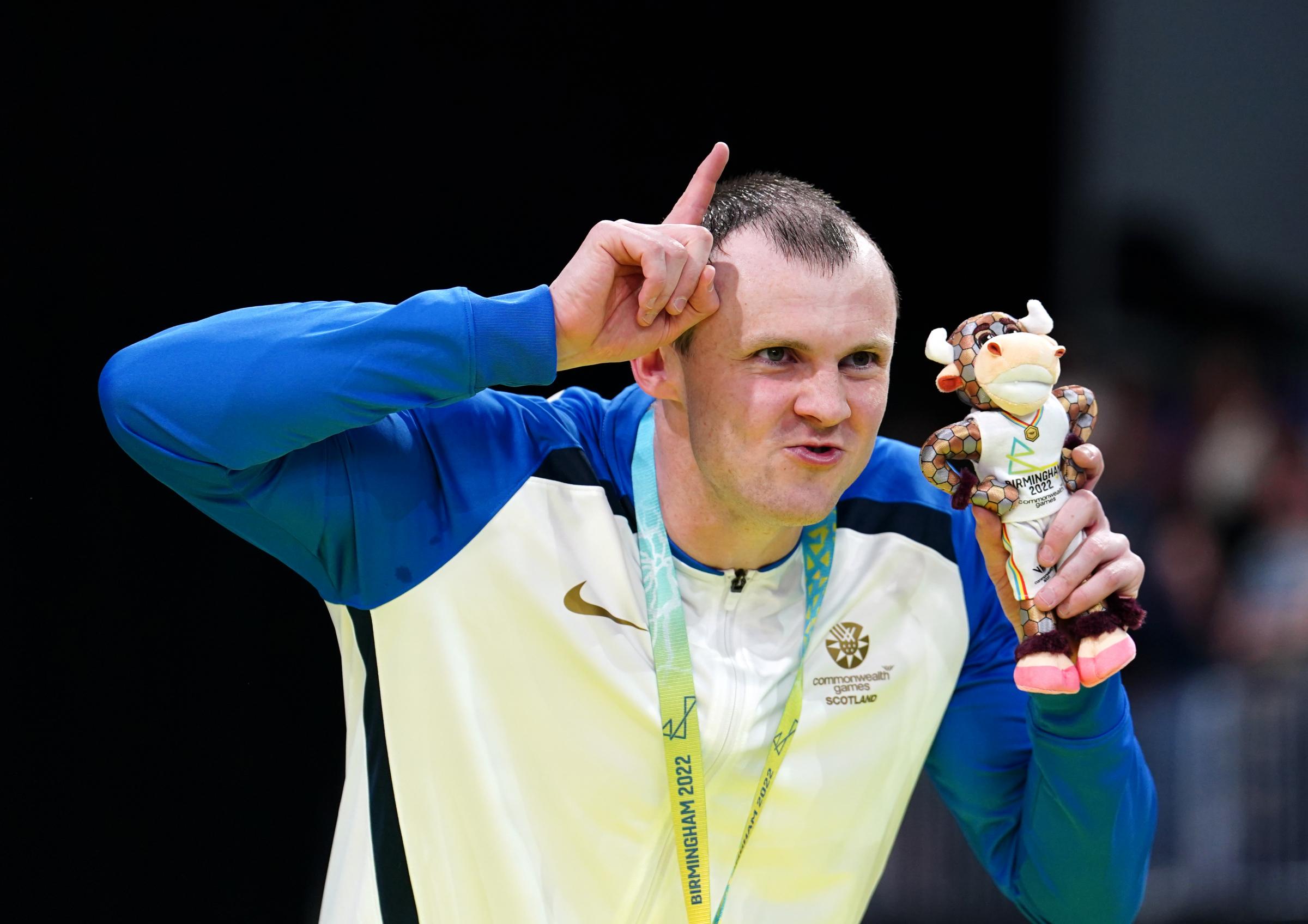
It’s been a thrilling 11 days of sport down in Birmingham, where oor runners, swimmers, cyclists, boxers, and more have made us roar, sing and greet with their performances in the blue of Scotland at the Commonwealth Games.
With their biggest medal haul outside of Glasgow 2014, Team Scotland have impressed across a wide variety of disciplines on the world stage and have shown they are a force to be reckoned with whether it’s on the track, in the pool, or on the lawn.
Today is the final day of competition with the closing ceremony set to take place this evening, where 10,000m hero Eilish McColgan will lead out the team and proudly fly the Saltire in front of a crowd of 30,000 at the Alexander Stadium.
Here’s a round-up of how Scotland did across the Games and details on how you can watch the ceremony.
How many medals did Scotland win?
Scotland have won 51 medals with 13 golds, 11 silvers and 27 bronze, which is only just short of the 53 clinched in Glasgow eight years ago.
The latest medals have been won by divers James Heatly and Grace Reid, who scooped gold in the mixed synchronised 3m springboard, while Greg Lobban and Rory Stewart took bronze in the men's doubles squash against Malaysia.
Heatly and Reid secured Scotland’s first and only diving medal of the Games, with both recovering from disappointing individual showings to take top spot on the podium.
Meanwhile, the bronze from Lobban and Stewart sees Scotland get its first Commonwealth Games squash medal since 1998.
Golds have been won across all sorts of other sports, with highlights including Laura Muir taking the victory in the Women’s 1500m on Sunday evening and Eilish McColgan emulating her mum’s famous win at the 1986 and 1990 Commonwealth Games as she took gold in the Women’s 10,000m, setting a Games record in the process.

Other brilliant moments have included Duncan Scott winning 200m freestyle gold as he became the country’s most decorated athlete, Neil Fachie winning the 1000m tandem time trial and setting a new Games record, several golds across the para lawn bowls at Leamington Spa and our boxers securing not one, not two, but three golds in the ring.
But it’s not all about gold…
Winning is good, but there have been proud moments right across these Games for athletes with a thistle on their chest, even if victory hasn’t quite been achieved.
Laura Muir was more than happy to take bronze in a gruelling 800m race on Saturday evening before her 1500m gold the following night, while Eilish McColgan was equally delighted with her silver in the 5,000m.
Meanwhile, Ross Murdoch – who quit swimming altogether in December last year – took an incredible bronze in the 200m breaststroke, looking as happy as he did when he took gold in the same event in Glasgow. He also clinched third place in the 50m breaststroke and as part of the Scotland team in the 4x100m medley relay.
Team Scotland’s women’s 4x400m relay team snatched a sneaky bronze on Sunday evening after England were disqualified in a dramatic final, while gymnast Shannon Archer’s bronze in the vault final was another historic moment, with Scotland having never won an artistic gymnastics medal at the Games before.

Of course, you don’t have to win a medal to create history. Scotland’s women’s rugby sevens side took part in their first Games and recorded their first victories against South Africa in a convincing 33-12 win before thrashing Sri Lanka 58-0 to reach the fifth-place play-off against England. After losing 29-5 in that game, they finished sixth, emulating the men’s showing.
When is the closing ceremony and how can I watch?
The Games will come to an end with a party at the Alexander Stadium tonight, which has played host to the athletics over the past week.
It will be broadcast live on BBC One from 8pm.
Artists lined up to perform include UB40 and Dexys Midnight Runners while the ceremony will also feature a sequence from musical Peaky Blinders: The Redemption of Thomas Shelby.
Wolverhampton's Beverley Knight and Walsall's Jorja Smith will also be part of the West Midlands line-up of entertainment.
A formal handover will then take place as the Australian state of Victoria prepares to host the Games in 2026.







